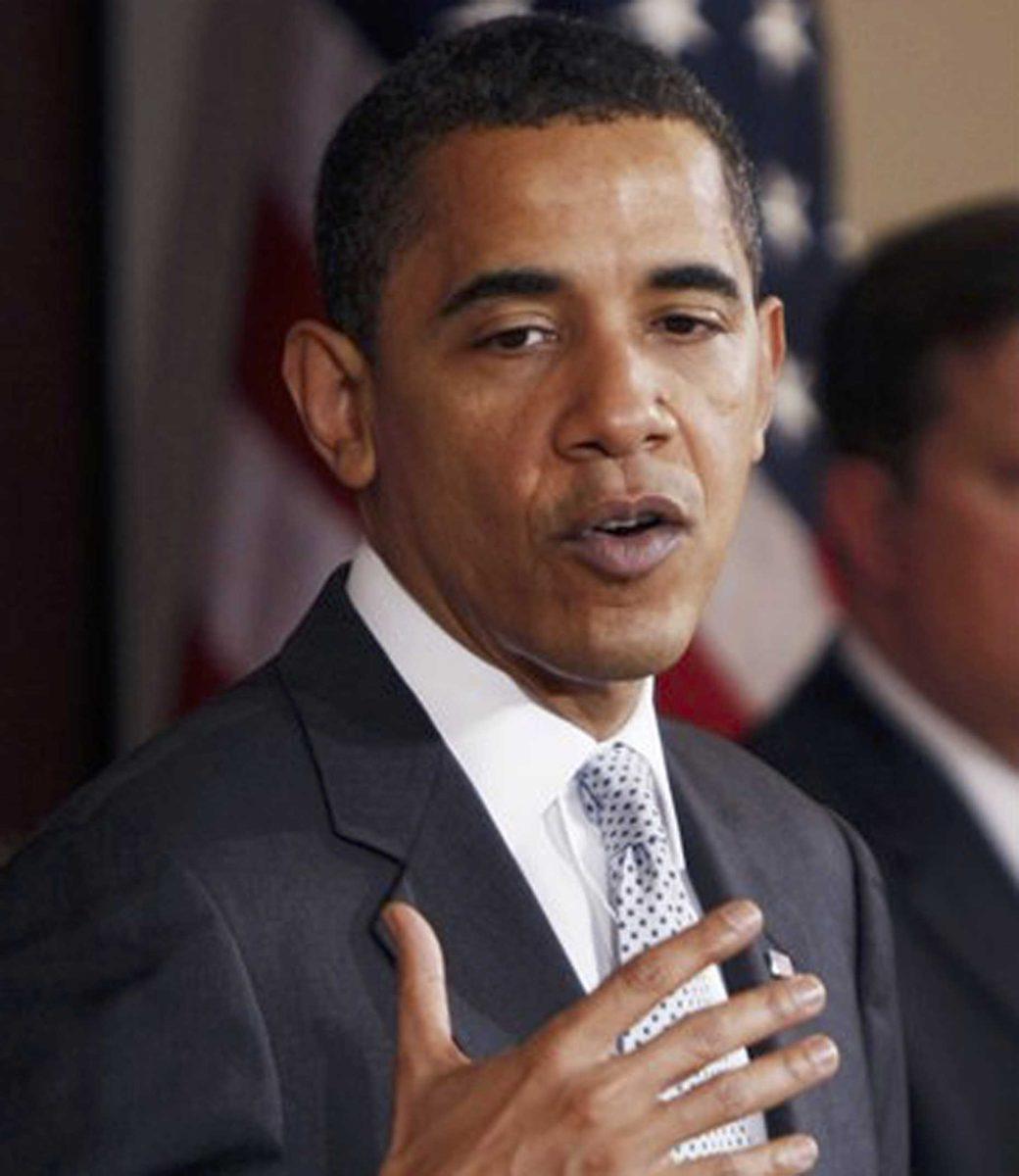AIX-EN-PROVENCE, FRANCE — During his presidential campaign, President Obama garnered massive support from his promises to build a new “army of teachers.”We really do need an army of new teachers. And to build it we shouldn’t be afraid to use a draft.Some choose to serve our country voluntarily — the best example being the thousands of active and reserve troops in the military. But for a large contingent of Americans, we enjoy the rights and privileges of citizenship in a democracy without sacrificing much beyond our paychecks, by way of taxes. Out of college or high school we hit the job market, ready to start working to improve our individual lives, not our society. In classical Greece citizenship was directly tied to one’s ability to defend the country — only those who were able to continue their society could have a say in it. This mentality was also reflected in the U.S. when women received the right to vote in 1920 — but only after they proved their ability to help defend their country by providing it with supplies during World War I. The close connection between national service and citizenship continues today in other countries. In Israel, for example, every able-bodied individual isn’t just on a draft list — they’re actually required to serve in the military for two to three years. While requiring citizens to serve their country may certainly postpone individuals’ life plans, it’s not a prison sentence. Those who serve benefit from improved civics and greater social understanding — they undoubtedly feel more responsible for their country and are consequentially more politically engaged.In some countries, many go without serving because of costs. The Brazilian military, for instance, has a limited budget. Of all individuals eligible for the draft, some want to join voluntarily. When they can’t meet their quotas this way, they revert to drafting individuals out of a pool. Still, not everyone is drafted.In the U.S., our military has been able to maintain a volunteer army, but at the expense of the many regulars and reservists who have been forced to extend their deployment as a result of the wars in Iraq and Afghanistan.But we are in serious need of more teachers: America needs 240,000 new educators every year, according to the national teacher certifying board. One recent report projects 1/3 of all teachers retiring in the next four years.We also need nurses. A Vanderbilt University report predicts a shortage of up to 500,000 by 2025.These problems are just as serious as any war, which is why the draft should be used to fill any role essential to the vitality of the nation. Of course, conscription is perfectly consistent with our nation’s history, albeit it has always been used for one of the many aspects of our national security — defense.We should do all what we can to institute creative programs that offer individuals incentives — including financial assistance for education, reduced taxes or other benefits — like the military does, to induce voluntarily service. But when the shortfalls come, we shouldn’t hesitate to reach into the general population and draft individuals.This doesn’t remove the free market from the picture — if private interests can meet the needs of our society, there would be no reason to even discuss a domestic draft.Having such a policy would not only be useful to combat domestic “wars,” it would also create better citizens. Giving the draft a wider scope of use would increase the duties of being an American. And increasing the duties of being a citizen can only increase the value of citizenship — and consequently the quality of government.Mark Macmurdo is a 22-year-old economics and history senior from Baton Rouge.—-Contact Mark Macmurdo at mmacmurdo@lsureveille.com
Murda he wrote: New draft should be option to win domestic wars
April 15, 2009
President Barack Obama makes remarks about the tax code, Wednesday, April 15, 2009, in the Eisenhower Executive Office Building on the White House campus in Washington.





